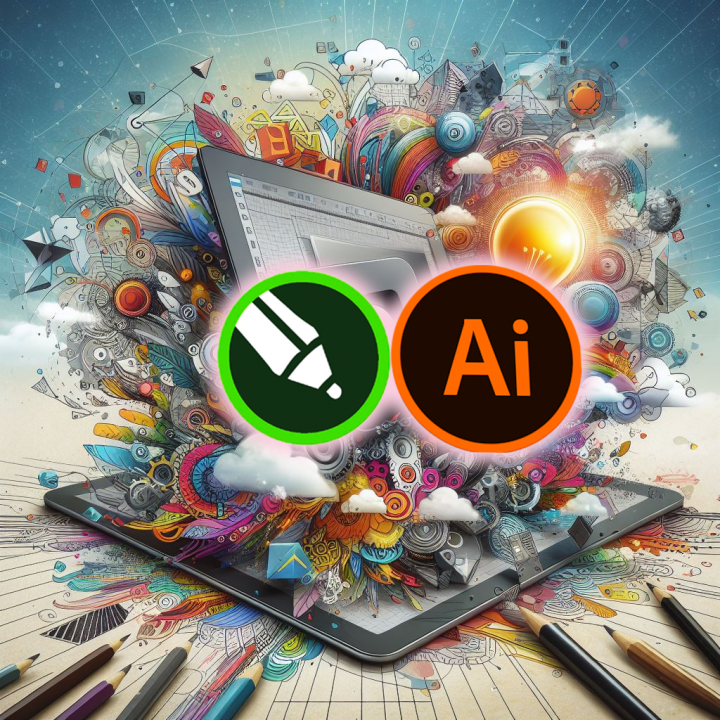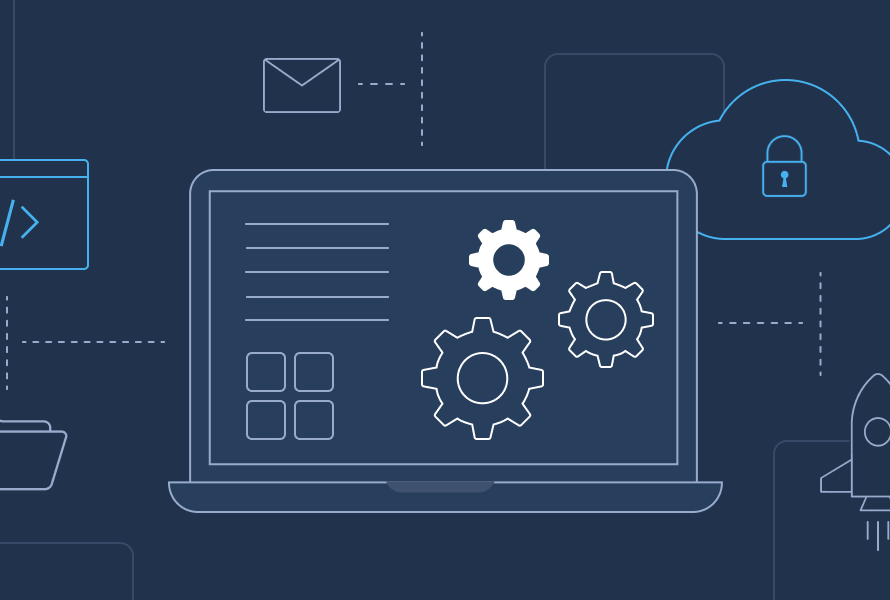IT for Beginners Essential Skills to Launch Your Tech Career
The field of Information Technology (IT) is rapidly growing, offering numerous career opportunities across various industries. For beginners, stepping into IT can feel overwhelming, but with the right skills and knowledge, it’s easier than you think. In this guide, we’ll explore the essential skills you need to start your journey in IT, the career options available, and actionable tips to help you succeed.


What is IT & Why Should You Consider It?
Information Technology (IT) involves the use of computers, networks, and software to store, retrieve, and manage data. From web development to cybersecurity, IT professionals play a vital role in today’s digital age.
Why Start a Career in IT?
- High Demand: Companies worldwide are seeking skilled IT professionals.
- Lucrative Salaries: IT roles often offer competitive pay.
- Flexibility: Many IT jobs allow remote work.
- Continuous Growth: Technology evolves, creating endless learning opportunities.
Essential IT Skills for Beginners
Mastering the right skills is the first step to launching your IT career.
Below are the essential skills every beginner should focus on:
1. Basic Computer Literacy
- Understand operating systems like Windows, macOS, and Linux.
- Learn essential software like Microsoft Office and Google Workspace.
2. Networking Basics
- Understand how networks work, including routers, switches, and IP addresses.
- Learn the fundamentals of Wi-Fi, LAN, and VPN setups.
3. Programming and Coding
- Start with beginner-friendly languages like Python, JavaScript, or HTML/CSS.
- Use platforms like Codecademy or freeCodeCamp for practice.
4. Cybersecurity Awareness
- Learn about data protection and basic online security measures.
- Understand how to identify phishing attacks and secure sensitive information.
5. Problem-Solving & Analytical Skills
- Develop the ability to troubleshoot technical issues.
- Practice solving logic puzzles to enhance critical thinking.
6. Familiarity with Cloud Computing
- Explore platforms like AWS, Google Cloud, or Microsoft Azure.
- Learn how cloud storage and services function in IT environments.




Key Tools & Platforms to Learn
To excel in IT, you’ll need to familiarize yourself with common tools and platforms:
- Operating Systems: Windows, Linux, macOS
- Coding Tools: Visual Studio Code, GitHub
- Networking Tools: Cisco Packet Tracer, Wireshark
- Cloud Platforms: Amazon AWS, Microsoft Azure
- Project Management Tools: Jira, Trello
Career Options for IT Beginners
A career in IT offers diverse opportunities. Here are some beginner-friendly roles to consider:
Help Desk Technician:
- Provides technical support to users.
- Ideal for building troubleshooting and communication skills.
Junior Web Developer:
- Focuses on creating and maintaining websites.
- Requires knowledge of HTML, CSS, and JavaScript.
System Administrator Assistant:
- Assists in managing and maintaining IT systems.
- Involves basic networking and server management tasks.
IT Support Specialist:
- Handles hardware and software issues.
- Requires strong problem-solving skills.
Data Entry Specialist:
- Works with data management and organization.
- Great for beginners familiar with spreadsheets and databases.
How to Start Your IT Career
1. Get Certified:
Certifications validate your skills and boost your resume. Popular beginner certifications include:
- CompTIA IT Fundamentals (ITF+)
- Cisco Certified Network Associate (CCNA)
- Google IT Support Professional Certificate
2. Learn Through Free or Affordable Resources:
- Websites: freeCodeCamp, Khan Academy, Coursera
- YouTube Channels: Programming with Mosh, Network Chuck
3. Build Hands-On Experience:
- Volunteer for small IT projects in your community.
- Create a personal portfolio showcasing your skills.
4. Network with Professionals:
- Join IT forums like Stack Overflow or Reddit’s /IT Career Questions.
- Attend local tech meetups or virtual conferences.
5. Apply for Entry-Level Roles:
- Don’t hesitate to start small. Entry-level positions are stepping stones to larger opportunities.

Frequently Asked Questions (FAQs)
While a degree helps, many IT roles prioritize skills and certifications over formal education.
With consistent effort, you can learn IT fundamentals within 3–6 months.
No, but basic programming knowledge can be advantageous.
Start Your IT Journey Today
A career in IT is both rewarding and dynamic. By developing the right skills, gaining hands-on experience, and continuously learning, you can successfully launch your tech career.
Ready to start your journey? Begin with free resources, earn certifications, and explore entry-level roles to get your foot in the door.
For more guides on IT skills and certifications, check out these articles:
- Top 5 Certifications for IT Beginners
- Networking Essentials: A Beginner’s Guide
- How to Build a Career in Cloud Computing



